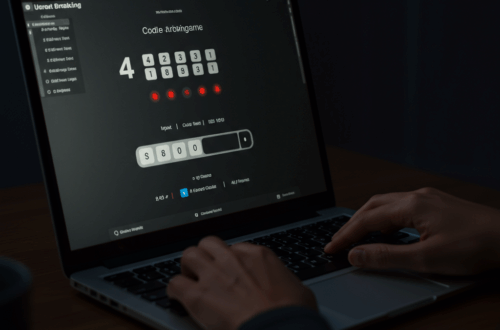Taming the Database Beast: My Journey to a Centralized Setup for Jellyfin, Nextcloud, and Immich
So, I’ve been trying to wrangle my home server setup, specifically focusing on Jellyfin, Nextcloud, and Immich. My goal? A clean, centralized database. I figured, why not use PostgreSQL for all three? Sounds simple enough, right?
Well, it wasn’t. I dove in headfirst, configured Nextcloud with Postgres, and started planning for the other services. My idea was that a single database would simplify backups and restores. But then came the actual backup and restore process… and let’s just say it was a nightmare.
I spent hours troubleshooting, tweaking config files, and pulling my hair out. Every time I thought I had it nailed down, something else would break during the restore. It became a frustrating cycle of trial and error.
The SQLite Surrender
I finally threw in the towel. Exhausted and defeated, I switched Nextcloud back to its default SQLite database. It felt like admitting defeat, but honestly? It was a huge relief. Sometimes, the simplest solution is the best, even if it’s not the most elegant.
Lessons Learned (the hard way)
- Centralized isn’t always easier: While a single database *sounds* cleaner, the complexity of managing backups and restores can outweigh the benefits, especially for a home server setup.
- Default databases aren’t the enemy: SQLite often gets a bad rap, but for smaller-scale applications, it’s incredibly convenient. It’s simple, self-contained, and generally just works.
- Know your limits: Sometimes it’s okay to step back and choose a simpler path. Don’t be afraid to abandon a complex solution if it’s causing more problems than it solves.
What’s Next?
For now, I’m sticking with SQLite for Nextcloud. I might revisit the centralized database idea in the future, maybe with Docker containers or a different approach. But for now, I’m happy to have a functional system, even if it’s not perfectly optimized. Sometimes, peace of mind is worth more than technical purity.
What are your experiences with centralized databases for home servers? Share your thoughts and tips in the comments!






